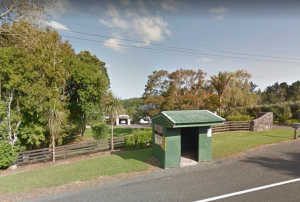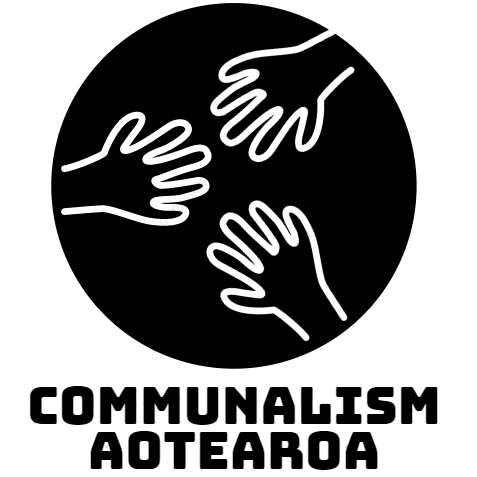
By Pete
Recently, I went for a run in West Auckland, in Kumeu to be precise. I try and go for a run once a week to calm my mind. Just a few kilometres to get the heart going and relax mentally. I don’t live in Kumeu and don’t know Auckland very well. Maybe I should have checked out Wikipedia before getting all grumpy: “Kumeu is a affluent, rural community situated 25 km north-west of the Auckland City centre in New Zealand.”
Affluent. Oh yes. The wealth on display on this rural road I was running down was extreme. Revolting. Incomprehensible. Only a few kilometres away, families are living in their cars, lining up at WINZ and flipping burgers on the minimum wage. Meanwhile in Kumeu, there are mansions with a council Capital Value of more than $2 million! Houses the size of castles, garages as big as a school hall and boats that can cross the Seven Seas. And a paddock that could feed a village with fresh vegetables is home to a couple of lonely ponies.
It was private property galore. I was puffed. As I stopped and caught my breath, I spotted a bus stop on the other side of the road. One of the walls was smashed and the inside was full of rubbish. I didn’t look like anyone was using the stop and when I later checked the Auckland Transport website, I couldn’t find any evidence of any public transport servicing the area. Maybe a school bus? Who knows.
But it dawned on me then and there: the only thing owned by the public in this street (other than the asphalt on the road I guess) – this bus stop – is broken, full of rubbish and not in use. And why would it be in use? Thirty years of neoliberalism in Aotearoa have contributed to the expanding divide between the rich and the poor, as have 200 years of colonialism.
The people living on that road have accumulated so much wealth that they simply couldn’t care less about public transport. Yes, a generalisation. But if the only thing communal in your neighbourhood that’s left is an unused, broken and dirty bus stop, then something is seriously wrong.

